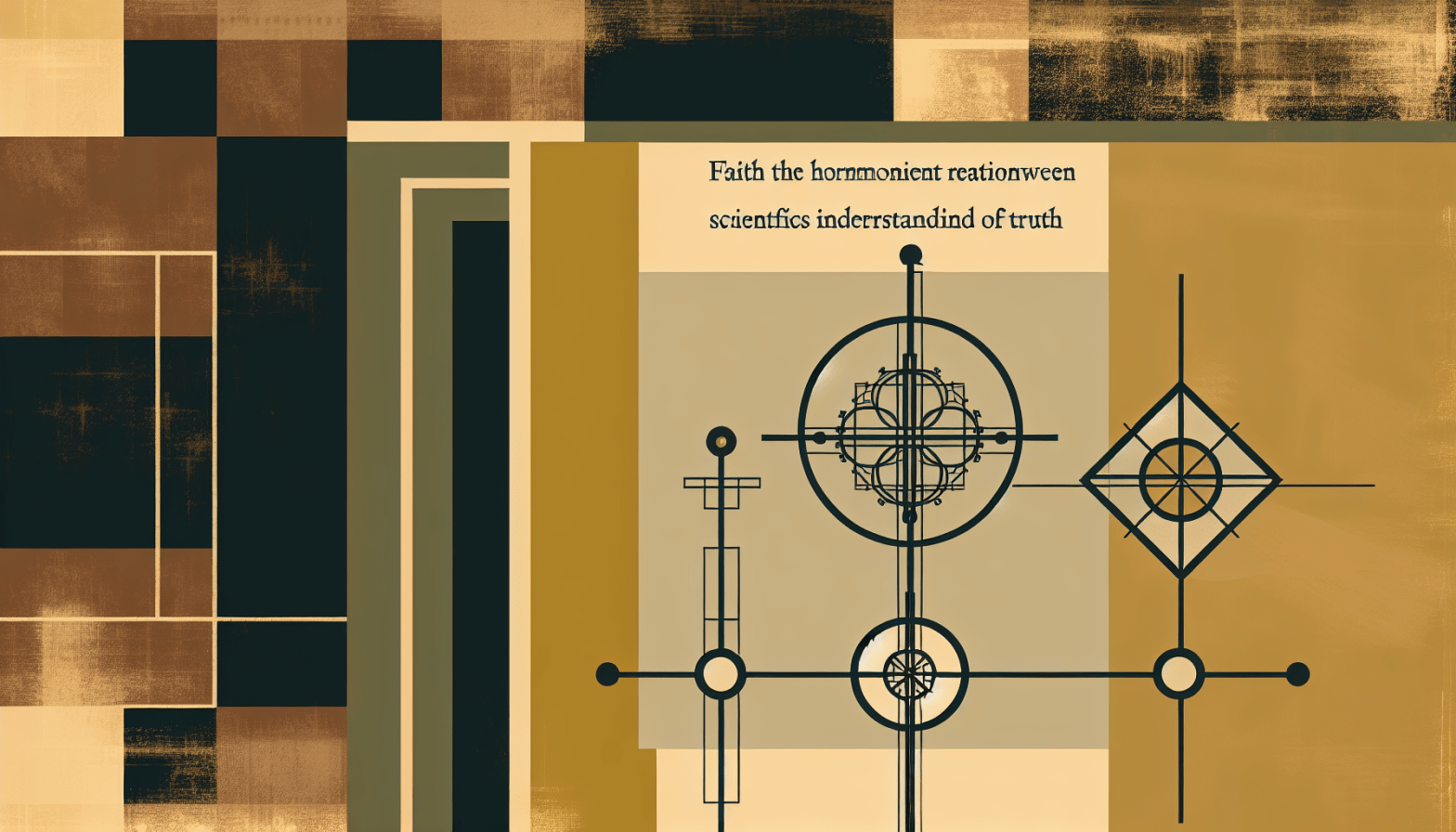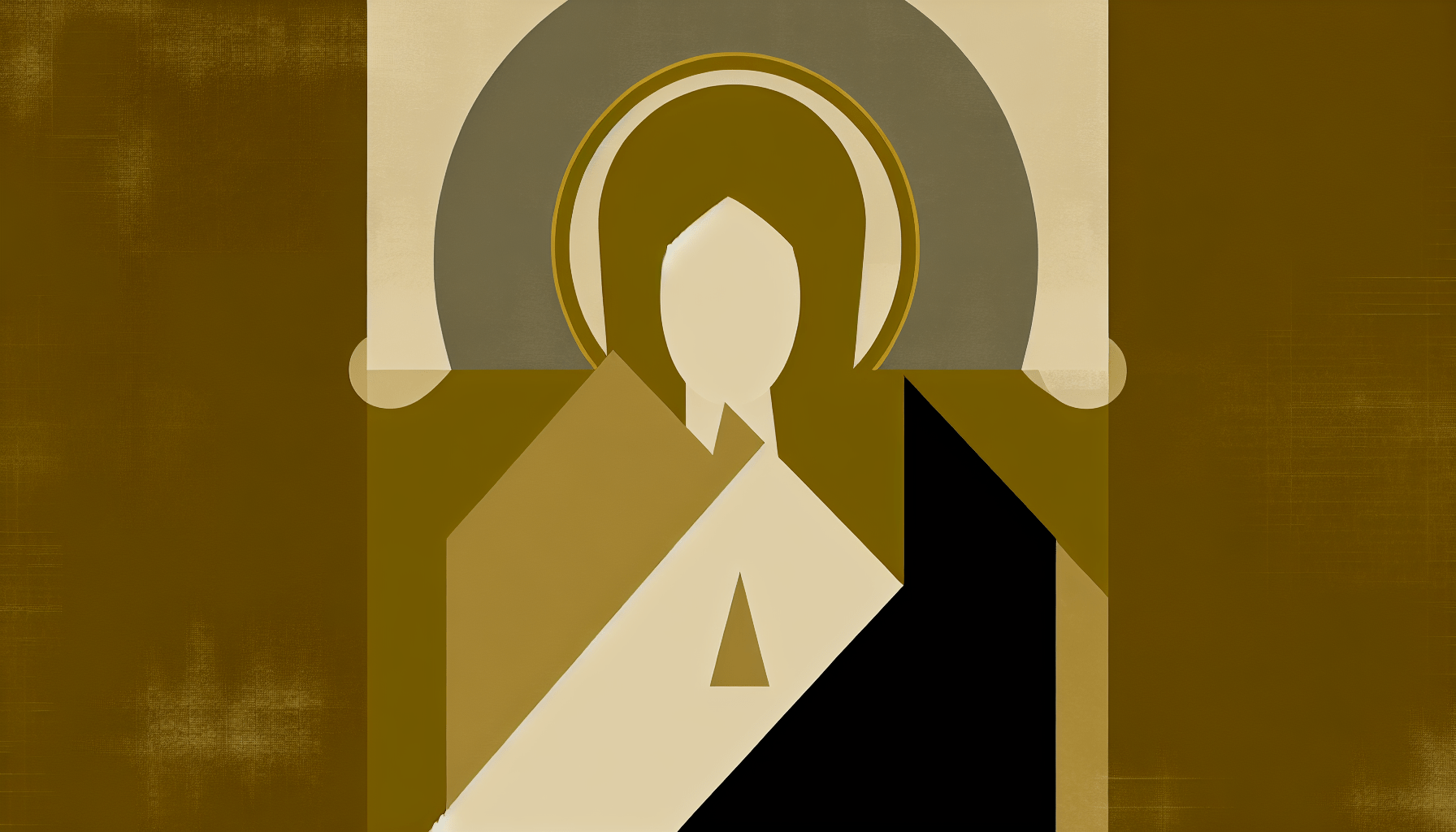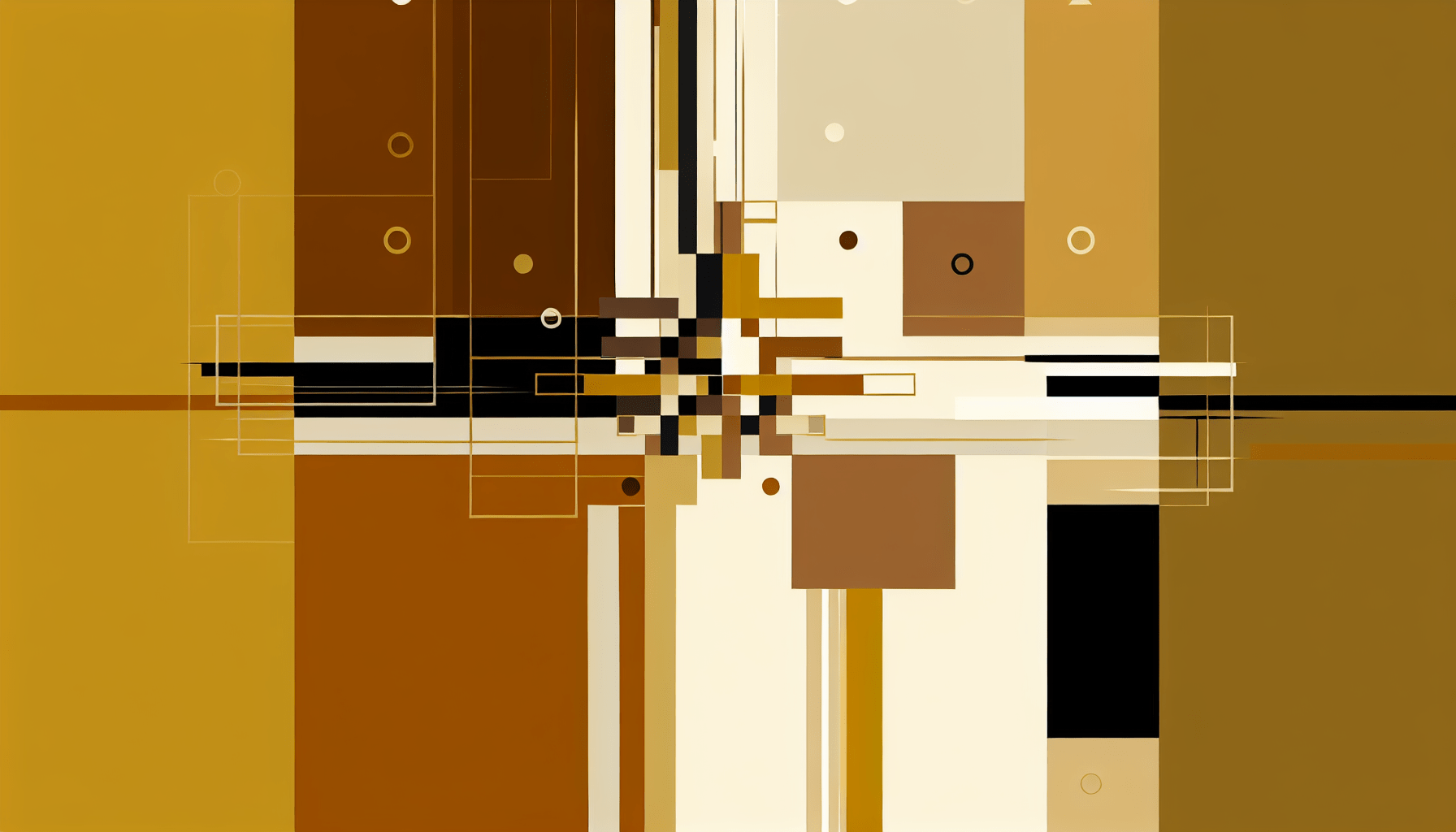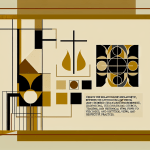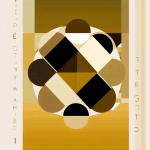Catholicism and Science: A Harmonious Relationship
In a world often characterized by dichotomies, the relationship between Catholicism and science remains a topic of significant interest and debate. Many people wonder, “Can faith and reason coexist?” or “Does Catholicism support scientific inquiry?” This post delves deep into the connection between Catholicism and science, illuminating how these two domains can not only coexist but also enrich one another.
Understanding the Historical Context
Throughout history, the relationship between Catholicism and science has evolved. During the Middle Ages, the Catholic Church played a pivotal role in preserving and promoting science. Monasteries became centers of learning, where monks meticulously copied ancient texts that laid the foundations for modern scientific thought. Furthermore, prominent figures within the Church, such as St. Thomas Aquinas, sought to integrate Aristotelian philosophy with Christian theology, establishing a framework where faith and reason coalesce.
However, the Scientific Revolution marked a turning point in this relationship. With figures like Galileo and Copernicus challenging long-held beliefs, tensions arose between the Church and scientific inquiry. The trial of Galileo in the early 17th century is often cited as a significant example of this conflict. Yet, this tension should not overshadow the substantial contributions of many scientists who were motivated by their faith.
The Catholic Church’s Stance on Science
In modern times, the Catholic Church has adopted a more favorable view of science. Popes have consistently affirmed that faith and reason complement each other. Pope John Paul II famously stated, “Faith and reason are like two wings on which the human spirit rises to the contemplation of truth.” This perspective encourages a dialogue between theology and science, recognizing that both seek truth, albeit from different vantage points.
The Vatican has also established several institutions dedicated to scientific research. The Pontifical Academy of Sciences promotes the advancement of scientific knowledge, reflecting the Church’s commitment to scientific inquiry. It illustrates that Catholicism views the pursuit of scientific understanding as a valuable endeavor that can coexist harmoniously with religious beliefs.
Key Figures in Catholicism and Science
Numerous influential scientists have embraced Catholicism, leading groundbreaking research while remaining committed to their faith. Figures such as Gregor Mendel, the father of genetics; Georges Lemaître, who formulated the Big Bang theory; and Richard Dawkins, a prominent biologist and theologian, showcase the robust intersection of faith and science.
Gregor Mendel: The Father of Genetics
Mendel, a 19th-century Augustinian friar, conducted pioneering experiments that laid the groundwork for modern genetics. His work on pea plants and the principles of heredity not only transformed biology but also exemplified how faith can inspire scientific exploration. Mendel’s unique perspective as a scientist rooted in Catholicism illustrates that religious belief can fuel inquiry and innovation.
Georges Lemaître: The Big Bang and Catholic Faith
Father Georges Lemaître, a Belgian priest, became known for proposing the Big Bang theory in the 1920s. Lemaître’s work was initially met with skepticism but eventually received widespread acceptance. His dual identity—as a priest and an astronomer—embodies the potential for faith and science to inform and enrich one another. Lemaître himself saw no conflict between his scientific findings and his belief in a Creator, highlighting the compatibility of Catholic faith and scientific understanding.
Other Notable Scientists
In addition to Mendel and Lemaître, there are many other notable scientists who have successfully integrated their Catholic faith with their scientific endeavors. Catholic physicists, chemists, and biologists continue to contribute significantly to their fields, showing that faith can foster a passion for inquiry and discovery.
The Catholic Church’s Engagement with Modern Science
As the scientific landscape continues to evolve, the Catholic Church has embraced various contemporary issues through the lens of faith. Climate change, bioethics, stem cell research, and challenges in technology are areas where the Church actively engages with the scientific community. Acknowledging the global challenges we face, Church leaders advocate for responsible stewardship of creation, emphasizing the moral and ethical dimensions of scientific advancements.
Climate Change and Environmentalism
In Pope Francis’s encyclical, “Laudato Si’,” the Pope calls for a collective response to climate change and environmental degradation. He emphasizes the moral obligation of individuals and communities to care for the Earth. This call aligns scientific understanding of climate phenomena with a spiritual imperative, reinforcing the idea that Catholicism and science can converge to address pressing global issues.
Bioethics and Scientific Advances
The intersection of bioethics and scientific advancements poses a significant challenge for modern society. The Church’s teachings help guide ethical discussions surrounding stem cell research, assisted reproductive technologies, and genetic engineering. The Catholic perspective encourages the care of human dignity while navigating complex ethical waters, proving that faith can contribute valuable insights to scientific discourse.
Technology and Human Dignity
In the age of rapid technological advancement, the Church advocates for a human-centered approach to technology. The integration of Catholic social teaching with scientific progress guides responsible innovation that respects human dignity. By addressing issues such as artificial intelligence and its implications for society, the Church encourages a thoughtful examination of how technology affects our humanity.
The Science-Faith Dialogue
Despite the historical conflicts, the dialogue between science and faith continues to thrive. Many scholars and theologians argue that scientific discoveries can deepen one’s understanding of God and the universe. This dialogue creates a rich environment for interdisciplinary exploration, fostering collaboration between scientists and theologians who seek to answer the big questions of existence.
Scientific Discoveries and Spiritual Reflection
Consider the implications of scientific discoveries on faith. The complexity of the universe, from quantum mechanics to the vastness of space, often leads individuals to ponder deeper questions about existence, purpose, and the Divine. The scientific narrative of creation complements the spiritual journey of understanding God’s role in the universe, blurring the lines between empirical evidence and spiritual reflections.
The Role of Education
Education plays a critical role in cultivating an appreciation for both science and faith. Catholic educational institutions worldwide actively promote curricula that encompass both scientific literacy and spiritual formation. By encouraging students to explore the wonders of science while grounding their understanding in faith, these institutions foster an environment where the two domains can flourish together.
Conclusion: Embracing Both Paths
The relationship between Catholicism and science is multifaceted and continually evolving. While historical conflicts may have shaped perceptions, the current stance of the Catholic Church emphasizes the harmonious coexistence of faith and reason. Through the contributions of influential scientists, the Church’s engagement with contemporary issues, and the ongoing dialogue between science and spirituality, it becomes evident that both paths are vital in the pursuit of truth.
As we navigate an increasingly complex world, the integration of scientific and theological perspectives will be essential in addressing global challenges and understanding the profound mysteries of existence. Embracing both Catholicism and science may ultimately lead to a more holistic understanding of our world and our place within it, encouraging us to seek knowledge and truth in all its forms. By valuing the insights of both domains, we can foster an environment rich in discovery, compassion, and wisdom, creating a brighter future for ourselves and generations to come.
